Govt urged to initiate policy reforms by defining national security
Lawmakers ask who will implement suggestions, urge PTI to work with consensus
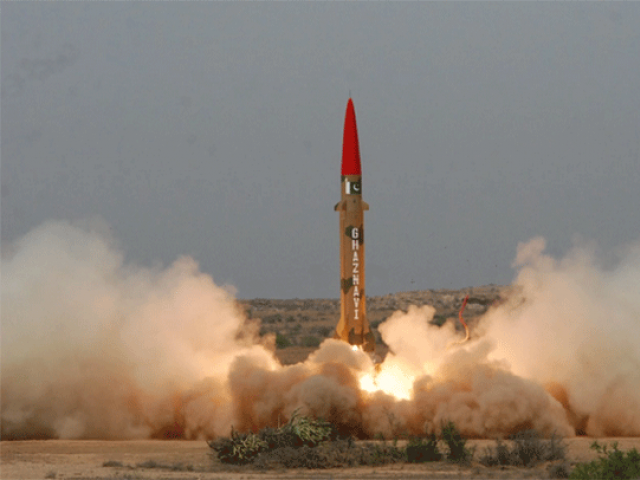
PHOTO: ISPR
The report, titled ‘Pakistan: Mapping the Policy Agenda (2018-2023)’, was launched by the Islamabad Policy Institute (IPI) which had published the book in collaboration with a German organisation Konrad Adenauer Stiftung.
It aims to provide the new administration and legislators, a well-researched, comprehensive policy tool and a ready reference guide to help them appreciate the complexity of 16 key policy areas before they can chart a new course to better govern the country.
Centre needs to form strong economic policies: Nafisa Shah
The book, in its policy recommendations, suggests that the new government must first finalise and publish a national security policy before it can go on to formulate foreign, internal security and economic policies.
Moreover, it suggested that the government draft a defence policy, based on existing regional environment and threat assessment, it says.
It further recommended that the new government undertake a review of the country’s nuclear posture and that a version of the nuclear posture review should be made public.
The report asks the government and political parties to observe zero tolerance for terrorism and other forms of extremism.
Mainstreaming of violent extremist groups and individuals should, however, be carried out transparently and after case-by-case approval from the parliament.
“Moreover, there must be the basic and binding pre-condition of publically renouncing violence and seeking apology for actions done in the past for considering any organisation or individual for mainstreaming. The whole process must be subject to parliamentary oversight”.
The report also calls for the revision of curriculum based on the principles of social cohesion and larger acceptance of religious and ethnic diversity. Former senator and Pakistan Peoples Party (PPP) General Secretary Farhatullah Babar, while commending the recommendations contained in the book, stated that the issue was of having the will to implement them.
He called for introspection on who was formulating the policies and who was expected to implement them.
Babar recalled that in 2008, the then president had offered that India declares a ‘no first use’ (NFU) policy for a nuclear weapon. But within four days of the offer, the Mumbai attacks took place and the matter has stalled ever since.
He said that until action is taken against outfits spreading violence and extremism beyond Pakistan’s borders, we will not be able to curtail them within the country as well.
The former senator questioned the nation’s will and of the parliamentary and military establishment to take action against extremist groups who have now entered into politics but without shedding their violent ways.
He called for a change in mindset that political leaders like slain prime minister Benazir Bhutto and incarcerated prime minister Nawaz Sharif are security threats and only certain people are guardians of the state’s security needs.
In a veiled slight, Babar said that unless the person sitting in the driving seat is given charge and not controlled by remote control from someone else, such recommended policies may not be implemented.
Senator Sitara Ayaz of the Awami National Party (ANP) also underscored the need for internal stability. She called for the strengthening of the parliament and urged the government to focus on addressing problems facing the country.
Allama Raja Nasir Abbas of the Majlis Wahdatul Muslimeen (MWM) pointed out that national institutions were weak and that if the government hopes for change, it would have to undertake massive reforms for revitalising them. Maulana Amin Shaheedi of Ummat-e-Wahida asked the new government to show some political courage in tackling some of the deep-rooted problems and have confidence in national resources rather than looking outwards for assistance.
PIPS security report: Relative decrease in terrorist violence in August
Pakistan Tehrik-e-Insaaf’s (PTI) Nadeem Afzal Chan said the country would have true democracy once the political parties, that are the building blocks of this political fabric, become democratic in their organisational structures.
Pakistan Muslim League-Nawaz (PML-N) leader Senator Mussadiq Malik hoped that the new PTI government will continue with infrastructure projects initiated by the previous government.
“Democratic consolidation is still work in progress, and it will be undoubtedly, marred by events,” said IPI Executive Director Prof Sajjad Bokhari.
Published in The Express Tribune, September 11th, 2018.

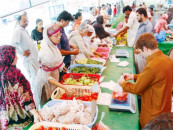



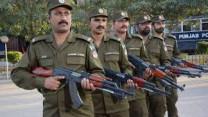



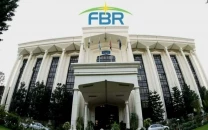
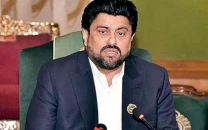



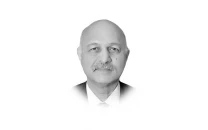




COMMENTS
Comments are moderated and generally will be posted if they are on-topic and not abusive.
For more information, please see our Comments FAQ